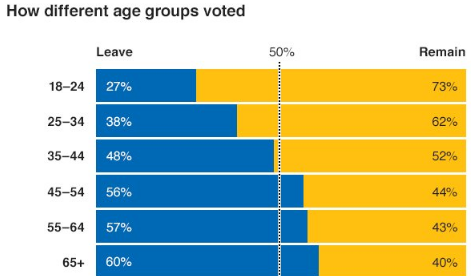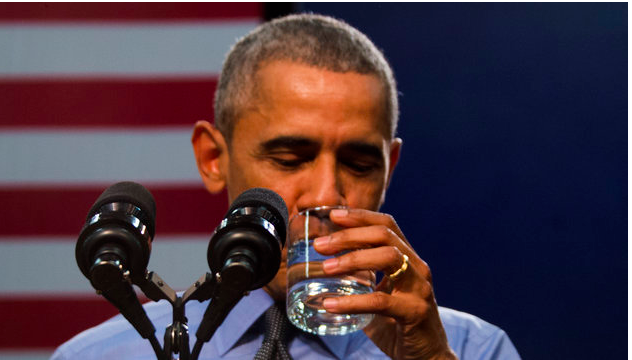 Contrary to common belief, saying yes to an acceptable proposal is not a sign of weakness. More often than not, it is a courageous act.
Contrary to common belief, saying yes to an acceptable proposal is not a sign of weakness. More often than not, it is a courageous act.
There is an unwritten rule that one must make a counter-offer to every proposal received. A successful negotiator, so the saying goes, squeezes every last cent from his or her opponent. Perhaps this belief arises from a prevalent view that the best outcome can only result from the fiercest of competitive action.
In truth, however, in all conflict, and in all negotiations to resolve that conflict, there is a sweet zone in which any accepted offer would constitute a good resolution. There is no precision to this analysis. No two people view a disagreement and its optimal resolution in the same way. Importantly, continued “knee-jerk” counter-offering-behavior is not the answer. Adherence to that view can have just the opposite effect.
A recent case illustrates this point:
Multiple parties were negotiating the settlement of a complex case in litigation. From the outset, there was a wide gap – more than $2 million dollars — in settlement valuation. Not only was there an enormous divide between the plaintiff’s and defendants’ settlement demands and offers, there was disagreement among the more than 5 defendants and their insurance carriers about how to fund proportionately any payment to the plaintiff.
The first day ended in a standoff. At the end of a third mediation day, a settlement in principal was reached, wherein a group of the defendants agreed to pay a sum approaching $1.5 million in settlement. In addition, three “outlier” defendants that did not have insurance had agreed to add an amount approaching $200,000 to a global settlement. Clearly, a deal acceptable to all parties was on the table.
Rather than accept a global settlement, which admittedly was within plaintiff’s “sweet zone,” it chose not to accept one outlier’s contribution of $75,000 and made a counter demand of $112,500 only to that party.
Ordinarily this might not be a big deal. However, there had been a history of very difficult negotiations between the plaintiff and that particular defendant, an elderly man with no insurance coverage. Emotional issues ran high. Reaching that $75,000 offer as part of the global settlement had taken a lot of time and effort. Further compounding the issue was an express condition of all settlement offers was that the settlement must be a global one, meaning that the entire litigation would settle.
For an amount less than $37,5000 or less than 2.5% of the settlement (the $112,5000 counter-demand was presented as “negotiable”), plaintiff put at risk the remainder of a $1,500,000 settlement. In fact, the plaintiff would probably have accepted less than $90,000, the difference of which was $15,000 or less, or less than 1% of the settlement. (Plaintiff’s reason for this maneuver was that a similarly situated outlier had agreed to pay $85,000, so there was an alleged issue of settlement equity.)
Incensed, the defendant withdrew its $75,000 offer and, instead, demanded that the plaintiff reimburse for a portion of his attorneys’ fees . The settlement was at a standstill. Settling around that defendant would have cost more than the amount of the withdrawn offer. It would have required additional motion practice, and the plaintiff would have lost its insurance defense coverage because that party had not filed a counterclaim. And the truth of it was that the unsettled claim had little value and the defendant had limited assets to pay any substantial judgment – the very reasons for the relatively low settlement range to begin with.
Weeks of telephonic beseeching fell on deaf ears. The mediator attempted to convince the defendant to re-open negotiations, even offering a lesser amount to settle. Other lawyers tried as well. Finally, with nowhere else to turn, the plaintiff accepted a walk away settlement from that defendant, ultimately reducing its recovery in settlement by $75,000.
The moral of this story is rather obvious – if an offer is good enough, seriously consider taking it and making correspondingly good settlement.






Leave a Reply